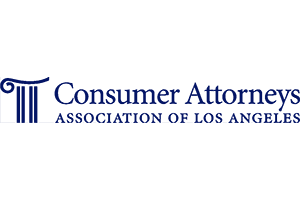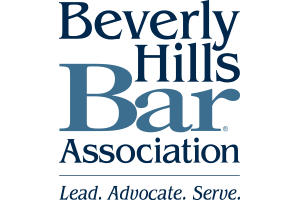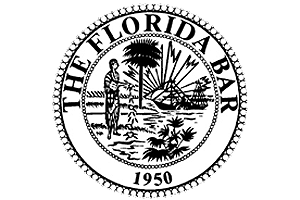In Southern and Northern California
Overmedication
Attorneys for Nursing Home Residents in Los Angeles
Overmedication in nursing homes happens when elderly patients are given excessive or unnecessary medication. In some cases, this is accidental and may be a result of negligence. In other situations, overmedication is done purposefully as an abuse and as a chemical restraint. Often, a chemical restraint consists of antipsychotics or sedatives that make patients more willing to comply with caregivers’ directions or abuse. Sometimes there is no prescription in place, nor any need for these medications. Family members may be able to perceive there is overmedication if their loved one’s behavior is altered. Overmedicated patients may become confused, lethargic, or reclusive. If you are concerned that your loved one has been affected by this misconduct at a care facility, you can discuss your options with the compassionate Los Angeles nursing home negligence attorneys at Sharifi Firm.
Seeking Compensation for Overmedication
The Elder Abuse and Dependent Adult Civil Protection Act (EADACPA) was put in place to reduce nursing home abuse. It protects people who are dependent adults or 65 years or older at the time of the abuse. Under EADACPA, a patient or his or her family member can bring a civil lawsuit seeking compensation, attorneys’ fees, and punitive damages for any injuries caused as a result of overmedication. Abuse is defined under the law as both negligent and intentional acts that result in deprivation, physical harm, or pain.
When overmedication happens accidentally or due to negligence, it is sometimes a result of understaffing. If staff members are not trained well or are overworked, they may distribute an incorrect amount of pills. When patients are overmedicated over a long period, the drug can accumulate and cause an acute medical condition, such as a heart attack, or a chronic condition. Elderly patients may become addicted to the drug.
In some cases, overmedication is done with the purpose of chemically restraining the patient. This may be very dangerous, especially if the medications are provided to the elderly person without a prescription. While doctors know which medications cannot be combined or should not be given to a particular patient, medicating patients without a doctor’s prescription may risk a patient’s life. For example, antipsychotics can increase the risk of death in dementia patients. Nevertheless, elderly patients with no mental illness but who are developing dementia are sometimes given these medications by nursing institutions.
Under the elder abuse law, “neglect” is defined as the failure of a person or entity caring for an elder or dependent to use the amount of care that another person or entity in the same position would use. It can include a failure to treat emotional problems or to protect an elderly person from health and safety hazards. Overmedication can cause emotional problems, and it can be a health hazard.
Moreover, if you can prove with clear and convincing evidence that the abuse or neglect was done with malice, oppression, recklessness, or fraud, you may be able to recover enhanced remedies. Clear and convincing evidence is a high evidentiary standard to meet, but an experienced attorney may be able to meet this standard when handling a matter of intentional misconduct or gross neglect.
Consult a Los Angeles Attorney When Bringing a Negligence Claim
People in the Los Angeles area who have been affected by nursing home negligence can contact the injury lawyers at Sharifi Firm to assert their rights. We are committed to helping people in Riverside, San Bernardino, Temecula, and Rancho Cucamonga, among other areas of Southern California. Contact us at (866) 422-7222 or via our online form to set up a free appointment to discuss your situation.







